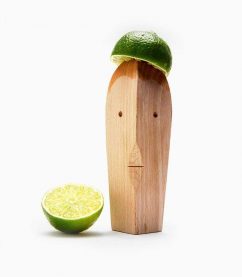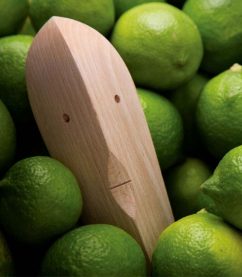The manner in which addictive drugs (and, in a very different way, gambling; see Ross et al., 2008) drive up the dopamine signal is widely thought to be central to explaining how addiction develops and why it is a chronic relapsing condition. Neuroscientists and other scientists involved in the study of addiction rightly see their work not merely as objective science but also as a compassionate project. It aims not only to elucidate the neuropsychological causes and correlates of addiction, but also to provide knowledge that can be applied in the treatment of people who are suffering. Even those whose work is far removed from the clinical coalface – those working on animal models of addiction, for instance – take their findings and those of their peers to have important implications for how we ought to respond to addicts.
Is addiction a “brain disease”?
- Conversely, some drugs may be used in a compulsive manner that indicates an addiction without physically relying on it to feel well.
- Addiction is a natural language concept, etymologically meaning enslavement, with the contemporary meaning traceable to the Middle and Late Roman Republic periods 115.
- That fact entails that if such alterations are sufficiently cheap, peanut allergy is not a disease.
- Importantly, he reminds us that drug abuse is a behavioral, or psychiatric, disorder.
- However, many scientists now know that this does not happen, which is where this argument quickly falls apart.
- It also occurs in mice that have virtually no mesolimbic dopamine due to neurochemical lesioning.
The brain also undergoes other changes, such as an increase in stress and anxiety when drugs or alcohol are not present. These changes contribute to the compulsive drug-seeking behavior that is characteristic of addiction. Environmental and social factors can have a significant impact on the http://8disk.net/z4608/ development and maintenance of addiction. Stress, trauma, and peer pressure are just a few examples of factors that can contribute to the development of addictive behaviors. These factors can also make it more difficult for individuals to recover from addiction.
Recent Articles

But now I’m not so sure, and I wonder if I’m the one being too superficial to give this matter the attention it deserves. The New England Journal of Medicine recently published a review of the “brain science” related to addiction and its management by Dr. Nora Volkow and her colleagues. Tobacco alone is like 8 million people a year, alcohol’s not far behind it, and then you have the http://www.glazok.ru/news/30/entry/3619/index.html illicit drugs killing about 600,000 people a year, which is an extraordinary amount of mortality.

Subtypes in addiction and their neurobehavioral profiles across three functional domains

In other cases, we believe the arguments https://manprogress.com/en/methods/personal-resources.html?view=pc have less validity, but still provide an opportunity to update the position of addiction as a brain disease. Our overarching concern is that questionable arguments against the notion of addiction as a brain disease may harm patients, by impeding access to care, and slowing development of novel treatments. The debate on addiction has been ongoing for decades, with differing opinions on whether addiction is a disease or a choice. Some argue that addiction is a chronic, relapsing brain disease, while others believe it is a result of personal choices and behaviors.


























